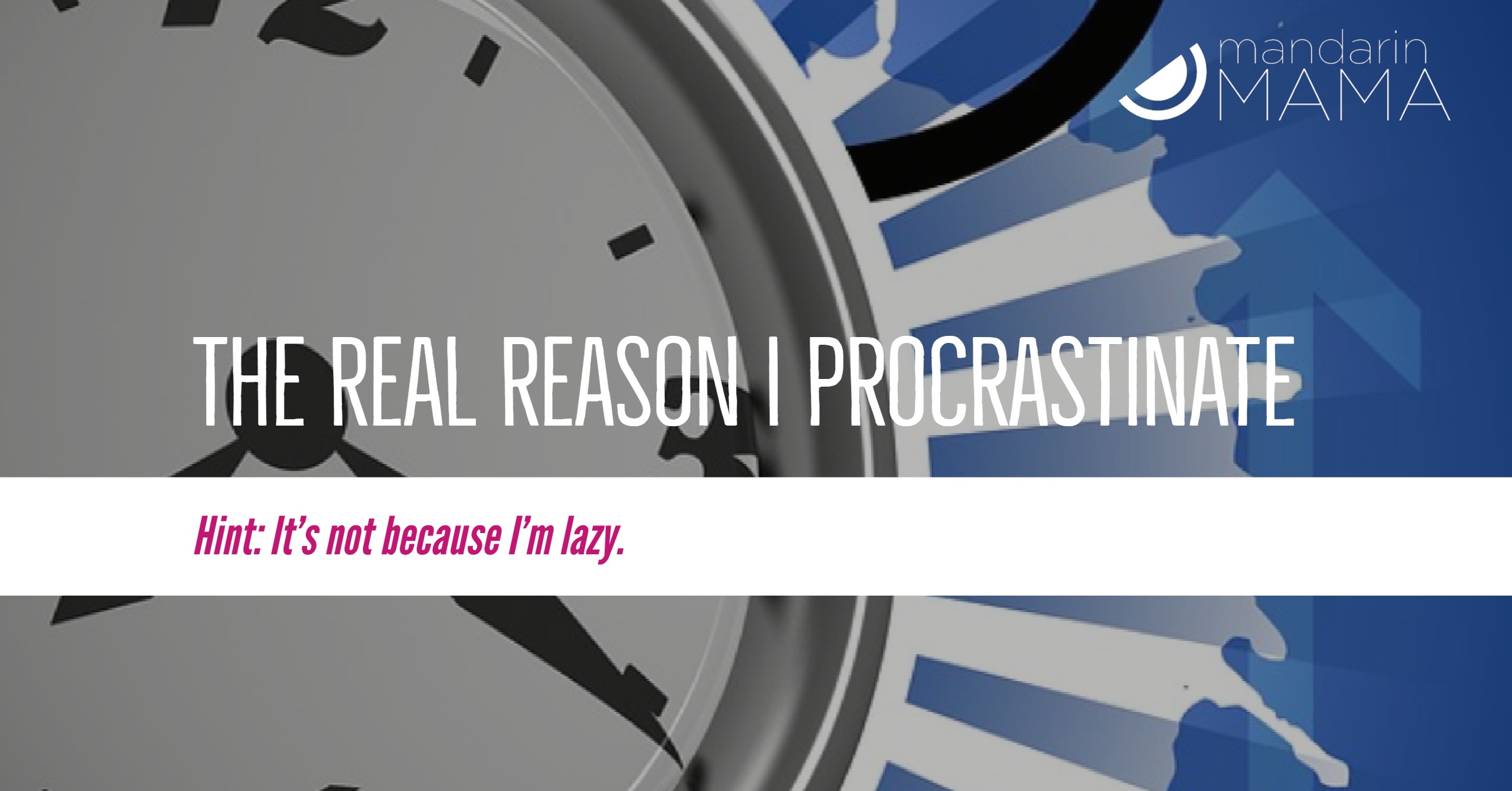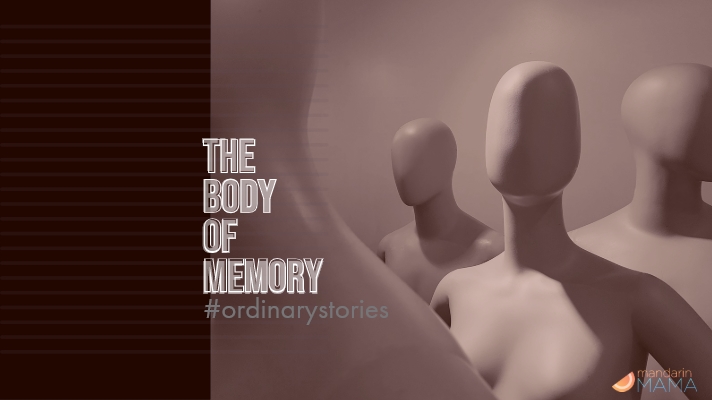Today’s post is REALLY long. Sorry. Here’s the tl;dr version: Talent < hard work < Talent + hard work.
Still with me? Alright then.
Sometimes, when I look back upon my youth, I can only see my wasted potential. I see myself as a teenager, resentful and bitter that I was rarely recognized for my amazing singing voice, my brilliant acting, or my incredible piano playing skills. I mean, I was recognized, but not to the degree that others were – or to the degree that I desired or thought I deserved. I seethed, nursing my perceived grievances.
Until just now, it never occurred to me all the mixed messages I got from my parents. I remember being constantly told that I was the smartest, the best pianist, the best singer, the best whatever. (Never prettiest, mind you – a very Chinese omission on my parents’ parts, highlighting a big difference in what they valued versus what I valued). And yet, I also remember feeling as if I were never good enough.
I would bring home report cards, my parents would ignore all the A’s and zone in, typical Chinese style, on the B’s. When I protested that I performed better than all the people who had lesser grades, my parents would retort that they didn’t care about the people I was better than. They only cared about the people who were better than me. My parents claimed that they were only mad because they knew I could do better if I would just try.
I was lazy and fearful so I never went all out – even when I knew I could do well. My parents never seemed to be satisfied so why try? And if I was going to fail, I would rather leave myself an out, a way to save face. That if I had actually tried, I would’ve done fine. How heartbreaking if I had actually went all out and tried and also failed?
Lucky for me (or unlucky for my character, as the case may be), most subjects came easily to me. I was a quick reader, decent enough at math, an excellent sight reader in both piano and singing, and had a knack for becoming teacher’s pet. Plus, all my best friends were at the top of the class so I could always get their help if I didn’t want to think for myself. It was very handy. And if I felt jealous of their academic success, I told myself it was because they were smarter than me – something I had no control over. It couldn’t possibly be because they also studied and worked hard. I would mock their hard work in private. After all, if they were really smart, why would they have to study?
I rarely worked hard. I coasted through high school and into the hallowed halls of UCLA, where everyone was just as smart (if not smarter) than me. And then, I started failing. It never occurred to me that the reason why UCLA was a good school was because everyone was smart and that if I didn’t study or go to class, I would fail. And instead of realizing that perhaps I should, oh, I don’t know, study and attend lectures, I gave up and consigned myself to being just in the middle or bottom of the curve. I am not sure how I graduated.
I came up with all sorts of excuses.
I clung to a story my father used to tell about how when he was in college, he would make a bet with his friends to see who could get the lowest passing grade on a test. He would take the test until he was pretty sure he passed and then leave the rest of the test blank. He claimed that you actually would have to be smarter than the people who took the entire test because you had to know the material so well (and be entirely confident on that matter) in order to know exactly how many you got correct in order to get a passing grade. He used to brag about this, proof of his immense cleverness.
It only just occurred to me right this instant that my father was full of shit.
I prayed a lot of desperate prayers to help me pass tests or finish papers. I copied a lot of labs. (Oh yeah, I totally cheated and didn’t blink.) I pulled all-nighters skimming text books, other people’s notes (remember, I never attended class), and BS’ing my way through term papers. I scrambled hard and was always disappointed (and also relieved) when I barely passed a class. Each new quarter determined to do better.
I never learned. I never got better. I was never willing to put in the work.
…
I’m not sure when I started to realize that there were plenty of smart and talented people out there, that I was not the only one. I’m sure working in the real world helped a lot.
When I was working at an internet marketing company, my mentor, Mark Joyner, would often repeat that ideas were a dime a dozen and that often, the ideas weren’t even that original. What mattered was the execution. Mark would say constantly, “A mediocre plan brilliantly executed will always trump a brilliant plan mediocrely executed.”
It didn’t matter how great an idea was if you didn’t do anything about it. The people who succeeded were the people who took an idea and put it to work. Hard work.
This was completely refreshing to me because all my life, I heard my father rant about how Microsoft stole his brilliant ideas or that he originated popular sayings. (My father claimed he invented the Taiwanese phrase, “哇塞 (Wow)!” He said they would add, “你娘 (your mom)” after, implying it was a dirty phrase. He would forbid me from saying it.)
When I started working as a financial advisor, I remember one of the top producers telling me that he was an idiot. That he wasn’t really very smart and that there were plenty of financial advisors out there who were smarter than he was, but not as successful. He told me the reason he was successful was because 1) he relied on other experts to do the investing (eg: mutual funds) and 2) he worked harder than everyone else.
Like all my failures, I know I didn’t succeed at being a financial advisor because I wasn’t willing to put in the work. I wasn’t willing to put in the time to learn about the financial markets, about stocks and bonds and financial instruments, about the laws and rules and regulations. I wasn’t willing to put myself on the line and meet people for the express purpose of getting new clients and making appointments and doing proposals. I wanted all the perks but none of the work.
…
When American Idol first came out in 2002, I remember being astonished at how many people could sing – and not only that, sing well. Until then, I had always thought that I was someone special, a rare butterfly that was so unique in my amazing voice. Even in college, I was resentful that my voice was overlooked in favor of other people with less deserving voices. (The irony being that likely, other people felt the same way about me.) And now, there was a show on national television, that showed me just how “common” a good singing voice was. It was confusing.
A few years later, I started up voice lessons again and paid my own hard earned money for that privilege. And yet, week after week, I never improved. I never practiced at home. I was too embarrassed to sing at home and fail as I practiced – even in front of my own mother or by myself. So week after week, I plunked down $50 and sight-read the same piece, forgetting all the notes my teacher gave me.
I remember realizing that my mother would practice singing all the time, even in the car. That she had tapes she played in the car to practice her assigned pieces and do runs and voice exercises while driving. I remember being shocked that after years of practice, her voice, which I used to consider lesser than mine, was strong, beautiful, and clear. I remember how my father used to waltz in, astound us with the clarity of his singing and then leave it at that. He rarely practiced. I could tell he also used to think he was better than my mother.
I eventually quit my lessons because I knew I never practiced. I knew I didn’t want to sing as badly as I thought I did. It was too similar to my years of piano playing. I must have practiced because there is no way I could have memorized so many pieces for recitals and whatnot if I hadn’t, but I also know that I put in the minimum effort required. I could’ve been a brilliant pianist. I was an excellent sight-reader, had a good ear for melody, had relative pitch, but all of that was meaningless because I didn’t want to put in the work.
…
When I watch shows like So You Think You Can Dance, Project Runway, or The Voice, I am no longer envious and more and more in awe. I am in awe of how much we humans can do when we really work hard and practice and put in the necessary apprenticeship. I think what helps for me, in these situations, is to see how much coaching and thinking and dedication go into these arts. It isn’t just singing or making something or reading a line. Sure, there is talent, but the talent is meaningless without the craft.
I think the beauty of all this reality TV and the internet is the slow realization that I am not special. I gladly relinquish my burden of uniqueness. I revel in the freedom that I am not a special snowflake. Why? Because I can also let go of my resentments. My seething indignation. My constant feeling that I was always the bridesmaid, never the bride. That I was always being robbed of my due.
…
Back in August, I went to back to back concerts of Justin Timberlake and Yo-Yo Ma. I found myself marveling at how much work they each must have put in to be the success they are today. How many hours of rehearsing, of memorizing music and dance moves, and not only doing it well, but with incredible precision night after night after night.
I realized to my shame, and somewhat great relief, that I was not willing to work hard at most things. I was not willing to do the work to be an amazing singer, or actor, or whatever.
I was a dilettante.
To be honest, I was pretty bummed. But another unexpectedly freeing thing came from this realization: there were things I was willing to work hard for – and I had already been working hard on them.
Thus far, only two things, but really, how much can a person split their focus anyway? What are they? Parenting and writing.
Somewhat anticlimatic information if you’ve slogged through 1800+ words to get to this point. Sorry about that. But very useful to me.






